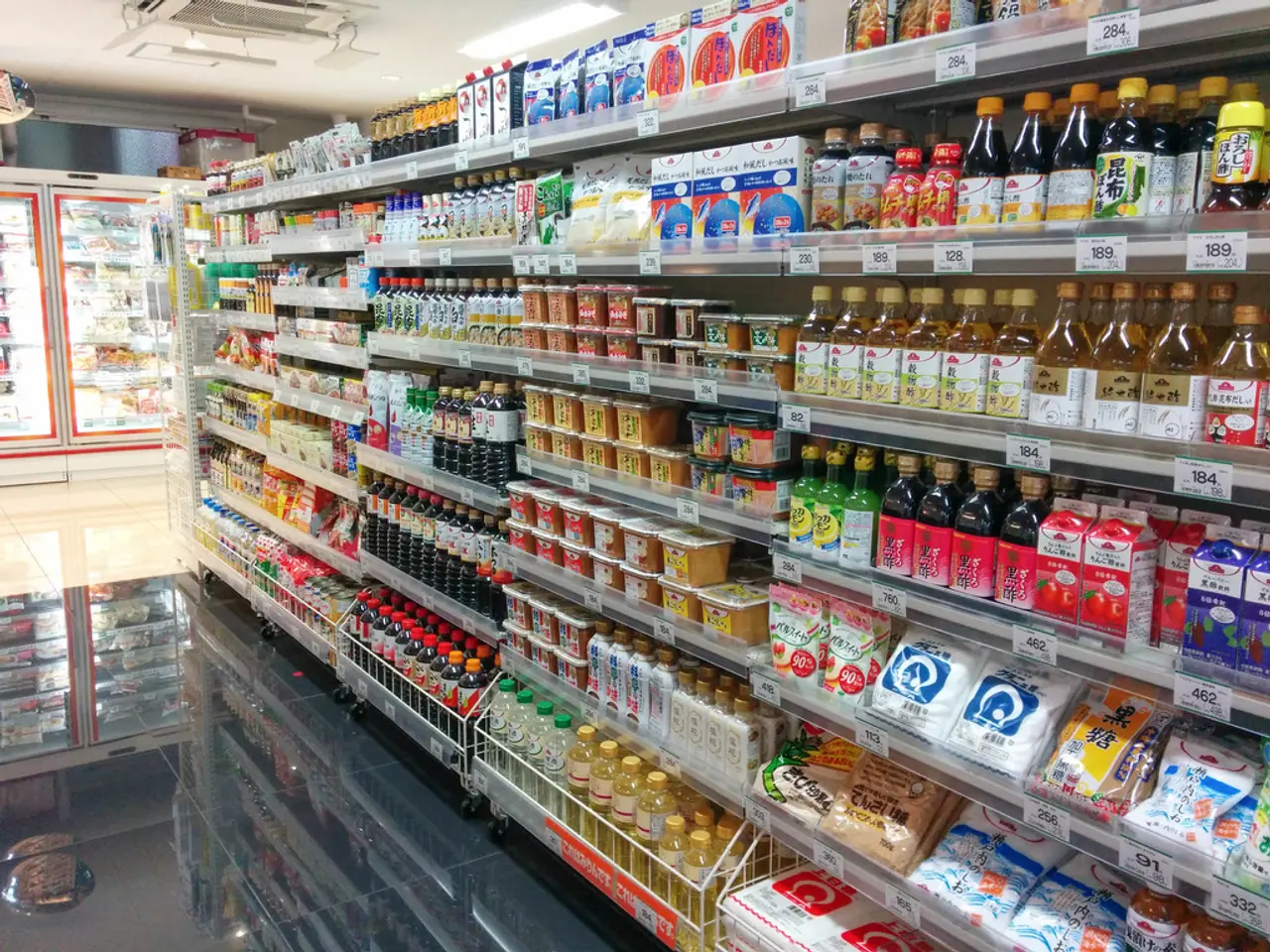Food coupons alleviate financial difficulties
===================================================================
In the war-torn regions of Idlib and Aleppo, Syria, millions of people continue to face dire living conditions, with many displaced repeatedly over the past 14 years due to ongoing conflict and destruction. The return of refugees and internally displaced persons (IDPs) to their homes often finds their villages and towns heavily destroyed, with houses obliterated, farmland ruined, and land contaminated with debris and unexploded ordnance.
Despite hopes for normalcy, millions remain displaced within Syria; approximately 7.2 million are internally displaced, including those in Idlib and Aleppo who face inadequate shelter and ongoing insecurity. Basic services, such as healthcare and clean water, remain critical needs, especially given disease risks from overcrowded and unsanitary conditions in camps.
To alleviate some of the suffering, Welthungerhilfe and its partners provide humanitarian assistance focused on multiple urgent needs. They run emergency relief programs offering shelter, food, and clean water to displaced populations in Idlib and Aleppo. They also support healthcare access, including nutritional stabilization centers for vulnerable children suffering from malnutrition. Additionally, Welthungerhilfe implements mine clearance and debris removal efforts to make farmland and living areas safer for returnees.
One example of their recent work involves the distribution of critical medical supplies in Idlib, benefiting approximately 150,000 people, demonstrating ongoing efforts to sustain health services in these fragile contexts. Furthermore, they provide psychosocial support and resilience-building activities for conflict-affected families and coordinate with local and international agencies to improve access despite challenges like curfews and damaged infrastructure.
Specific examples of individuals benefiting from Welthungerhilfe's aid include Obeida Yousef, a 40-year-old farmer from Aleppo, Syria, who lost both his arms in an air attack. Welthungerhilfe, working with partners PIN, IhsanRD, and SARD, offers him vouchers for food, seeds, and garden tools to help him regain some independence. Fakhri Masri, a 47-year-old refugee from Damascus, is in a wheelchair due to an air strike and can no longer work. He is ashamed that he can no longer support his family but is grateful for the food vouchers he receives from Welthungerhilfe.
Other beneficiaries include Zahida Khleef, from the west of the Aleppo Governorate, who lost her husband and eldest son during the war and struggles to provide for her remaining children. She has received help from Welthungerhilfe and Ihsan to buy tools and seeds to grow her own vegetables. Amar Homede, a 35-year-old refugee from the south of Idlib, has a disabled son who requires medical care, which he can now afford thanks to the support he receives from Welthungerhilfe and Ihsan.
In Idlib and Aleppo, Welthungerhilfe and its partners also provide food vouchers to more than 38,000 people, allowing them to buy food items like rice, lentils, oil, chickpeas, salt, sugar, and tomato puree at local markets. Some project participants even receive micro-gardening training to grow crops like peas, peppers, tomatoes, and aubergines.
Millions of Syrians have been displaced due to the war, forced to leave their homes, jobs, and loved ones behind. Refugees in Idlib and Aleppo who are particularly dependent on assistance are identified by Welthungerhilfe and its partner organizations. In addition to food vouchers, Welthungerhilfe also provides aid parcels with essential hygiene products.
The ongoing efforts of Welthungerhilfe and its partners are vital given the scale of displacement, destruction, and renewed vulnerability faced by Syrian refugees and IDPs in Idlib and Aleppo as of mid-2025. With donations, Welthungerhilfe continues to provide humanitarian aid for people in need worldwide.
- In the midst of a war-torn world, where health-and-wellness is a luxury, science plays a crucial role in Welthungerhilfe's efforts to improve health services and alleviate suffering.
- As the importance of food-and-drink safety increases due to the destruction of farmland and resources, cooking techniques and general-news about food production become significant for survivors in Idlib and Aleppo.
- Amidst the chaos of conflict, politics takes a back seat as Welthungerhilfe focuses on providing immediate relief and support, ensuring a better lifestyle for those displaced.
- Despite the ongoing war-and-conflicts in Syria, discussions about health, wellness, cooking, and lifestyle become increasingly relevant as survivors strive to rebuild their lives.




